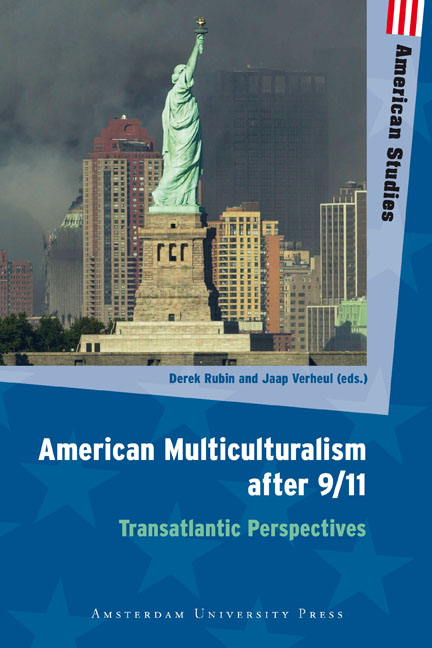Real American Heroes: Attacking Multiculturalism through the Discourse of Heroic Sacrifice
Published online by Cambridge University Press: 21 January 2021
Summary
“I’d marry any fireman or policeman right now”: Whiteness and 9/11's Heroes
One of the most significant popular cultural outcomes of the terrorist attacks of September 11, 2001, was the elevation of a set of national heroes. New York's firefighters became symbolic embodiments of American courage and self-sacrifice in the face of danger, and thus models of ideal citizenship. While this imagery of heroism was opportunistically used to justify imperial projects of war, I argue that it was also harnessed to serve the ongoing domestic right-wing cultural agenda of defending the privileged cultural, political, and economic standing of white men, though these projects are closely intertwined. The ease with which post-9/11 heroism was appropriated by right-wing causes is evidence of more than mere opportunism in seizing a cultural moment. Rather, manipulators of the image of firefighters as heroes tapped into a deeply entrenched and longstanding American popular culture script that defines the most compelling forms of heroic action as white. This script was in turn used to defend white privilege and to advocate for war.
Acclaim for firefighters was overwhelming. One conservative publication resurrected the hubristic self-identification of late 1990s Wall Street traders and declared the city's firefighters and emergency workers “the real masters of the universe”: “Big, beefy working-class guys became heroes once again, replacing the telegenic financial analysts and techno-billionaires that had once held the nation in thrall.” Fisher-Price enjoyed revived sales of its existing “Rescue Heroes” toy line because it featured New York's rescue workers. A comic book featuring those same rescue workers raised proceeds for the relief of the families of World Trade Center victims. Firefighters and cops were back in style. Kate Kennedy, a web editor for the right-wing Independent Women's Forum, even declared, “I’d marry any fireman or policeman right now. On the spot. We could go to Vegas.” If marriage offers from Phyllis Schlafly disciples constituted the pinnacle of cultural prestige, the blue-collar heroes of New York had reached it.
Beyond the acclaim paid to firefighters, however, the concept of heroism was deployed to indicate particular forms of cultural virtue and construct categories of ideal citizenship.
- Type
- Chapter
- Information
- American Multiculturalism after 9/11Transatlantic Perspectives, pp. 93 - 104Publisher: Amsterdam University PressPrint publication year: 2012



